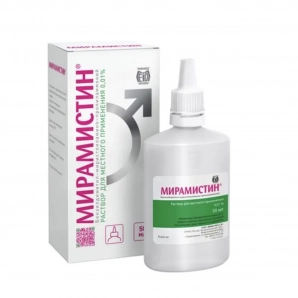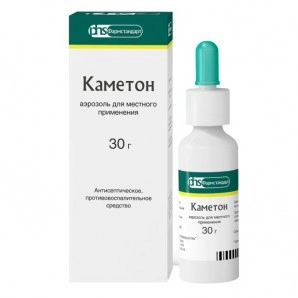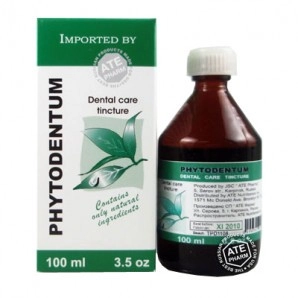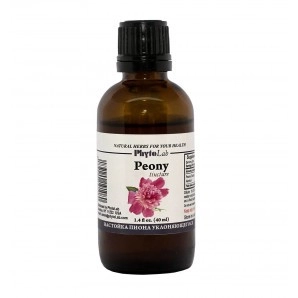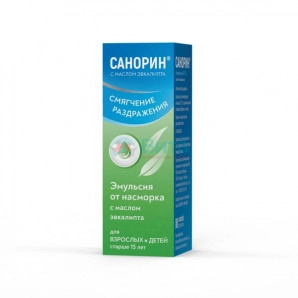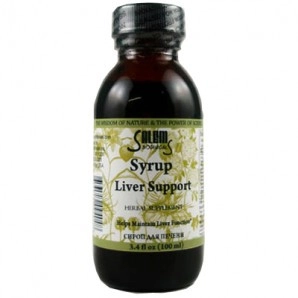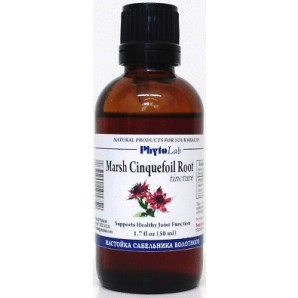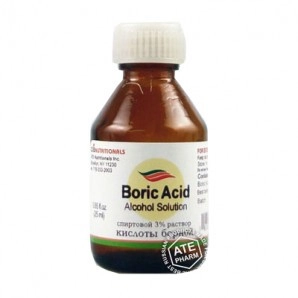-
OTC
- Allergy
- Antiparasitic Agents
- Painkillers and Antispasmodics
- Venotonics
- Dermatological Agents
- Gastrointestinal Tract
- Immunomodulators
- Infectious and Inflammatory
- Weight Control, Weight Loss
- Neurological Agents
- Ophthalmic Preparations
- Cardiovascular Diseases
- Sleep Aids
- Cold and Flu Remedies
- Thyroid Disorders
- Diabetes Treatments
- Urological Agents
- Sedatives
- Ear Drops
- Vitamins and Minerals
- Men's Health
- Women's Health
- Laxatives
- Liver Disease Treatments
- Hemorrhoid Treatments
- Nasal Drops and Sprays
- Antiseptic
- Bruises and Contusions
- Antifungal Agents
- Blood Pressure Medications
- Joint Pain
- Oils
- Dry Herbs & Berries
- Ointments
- Herbal Teas
- Tinctures
- Syrups
- Beauty
This information is for general purposes only and should not be considered as medical advice. Always consult with a qualified healthcare professional for any medical concerns or questions you may have.
Rhodiola Tincture in Medicine: Benefits and Uses
Rhodiola tincture is a herbal preparation derived from the root of the Rhodiola rosea plant. It has been used in traditional medicine for its potential adaptogenic and stress-reducing properties. The tincture is created by extracting the active compounds from the plant's root using alcohol.
How Rhodiola Tincture Works
Rhodiola tincture is believed to contain compounds that help the body adapt to various stressors, both physical and mental. These compounds are thought to support the body's resilience to stress and help improve overall well-being.
Indications and Uses
Rhodiola tincture is commonly used for:
- Stress Management: It is often used to help the body cope with stress and reduce feelings of fatigue.
- Enhancing Physical Performance: Some athletes use rhodiola tincture to potentially improve endurance and recovery.
- Mood Support: It may have mood-balancing effects and help alleviate mild anxiety and depression.
Administration and Dosage
The recommended dosage of rhodiola tincture can vary based on the specific product and individual needs. It's important to follow the instructions on the product's label or consult a healthcare professional for guidance.
Possible Side Effects
Rhodiola tincture is generally well-tolerated, but in some cases, it may cause mild side effects such as digestive discomfort or insomnia. It's advisable to start with a lower dose and monitor your body's response.
Precautions and Interactions
Consider the following:
- Medical Conditions: Consult a healthcare provider before using rhodiola tincture, especially if you have underlying medical conditions.
- Combining with Other Supplements: Inform your healthcare provider if you are taking other supplements or medications.
Conclusion
Rhodiola tincture is a herbal remedy with potential stress-reducing and adaptogenic effects. While it may offer benefits for stress management and overall well-being, it's important to use it responsibly and seek professional advice if needed.
Note: This article is for informational purposes only and should not be considered medical advice.
Additional Information
| SKU | 2475 |
|---|---|
| Brand | Salem Botanicals |
| Size | No |
| Manufacturer | No |
- Be the first to review this product
Write Your Own Review
Products on sale
Regular Price: $26.59
Special Price $18.99
Regular Price: $12.99
Special Price $8.99
Regular Price: $4.99
Special Price $2.50
Regular Price: $10.99
Special Price $7.90
Regular Price: $4.99
Special Price $2.99
Regular Price: $38.99
Special Price $29.99
Regular Price: $14.99
Special Price $11.99
Regular Price: $20.99
Special Price $17.99
Regular Price: $33.99
Special Price $24.99
Also Purchased










